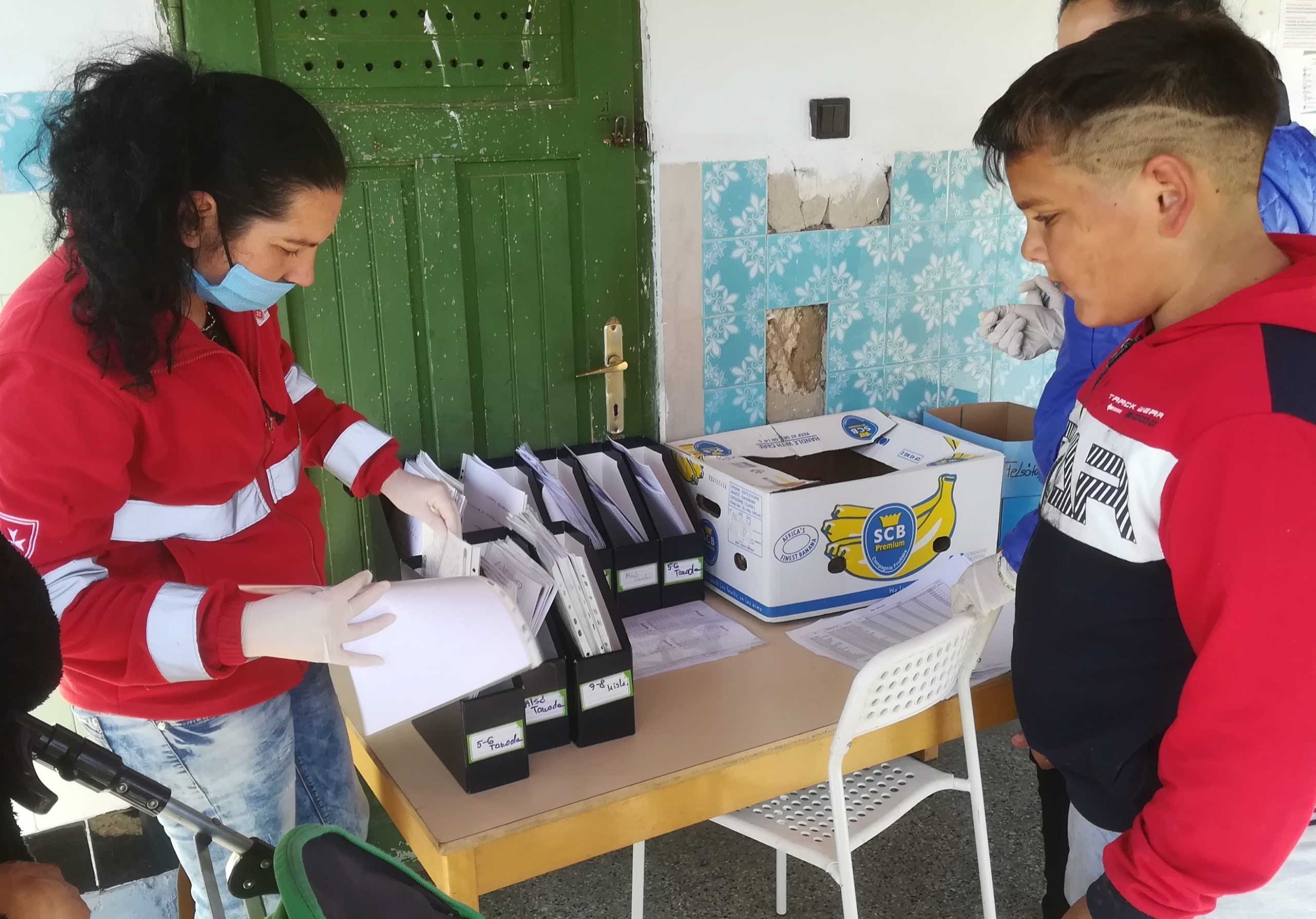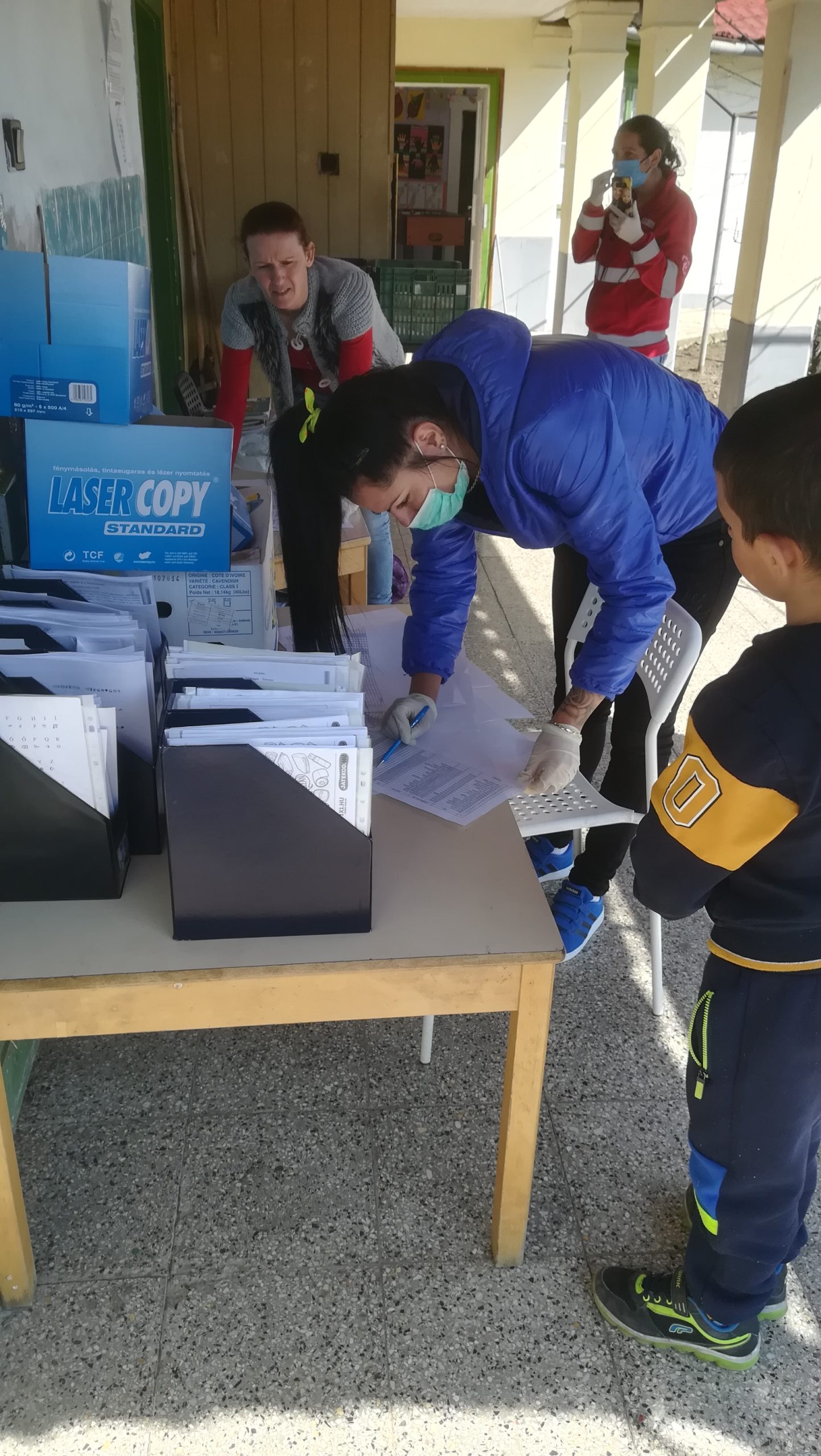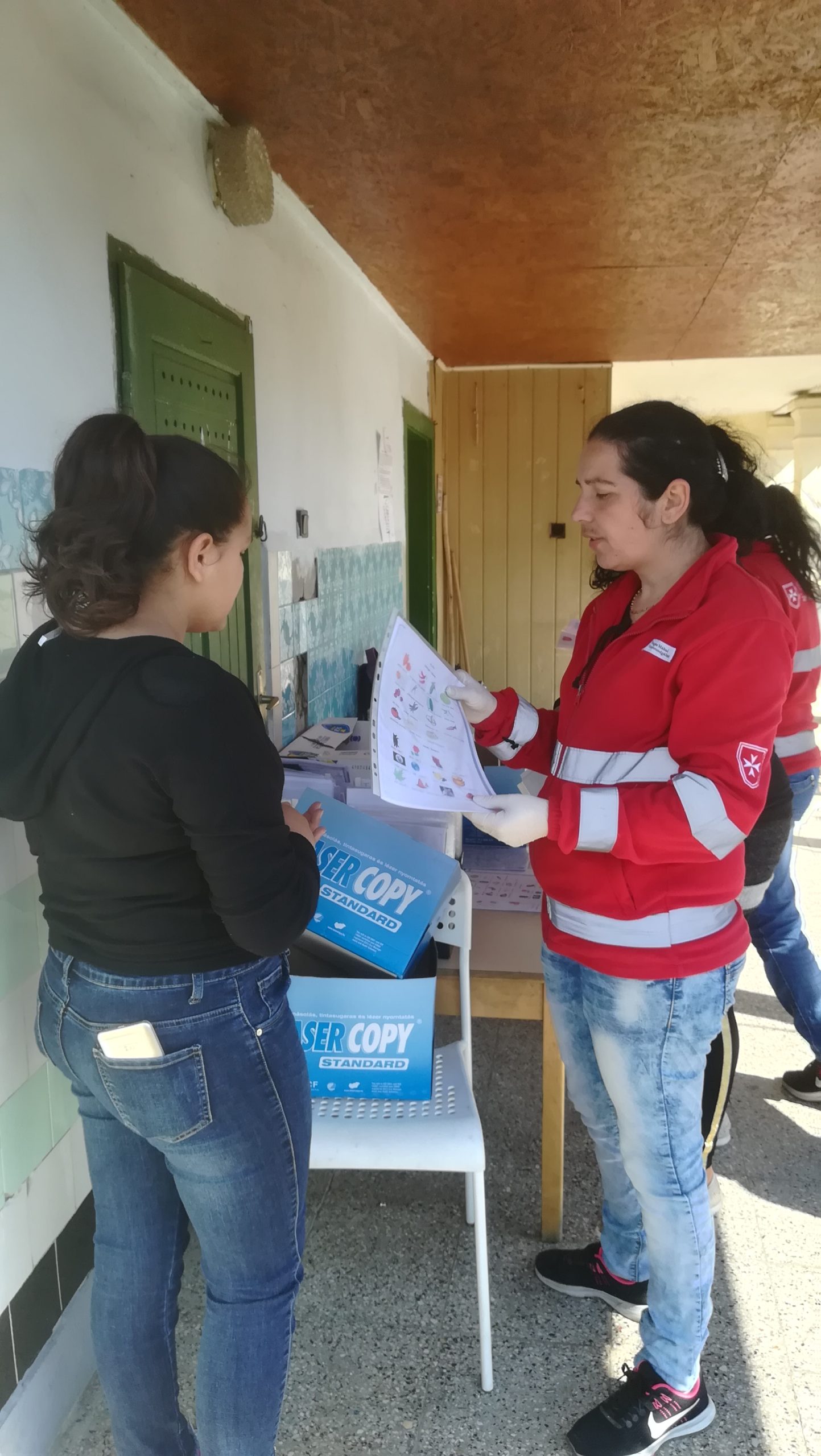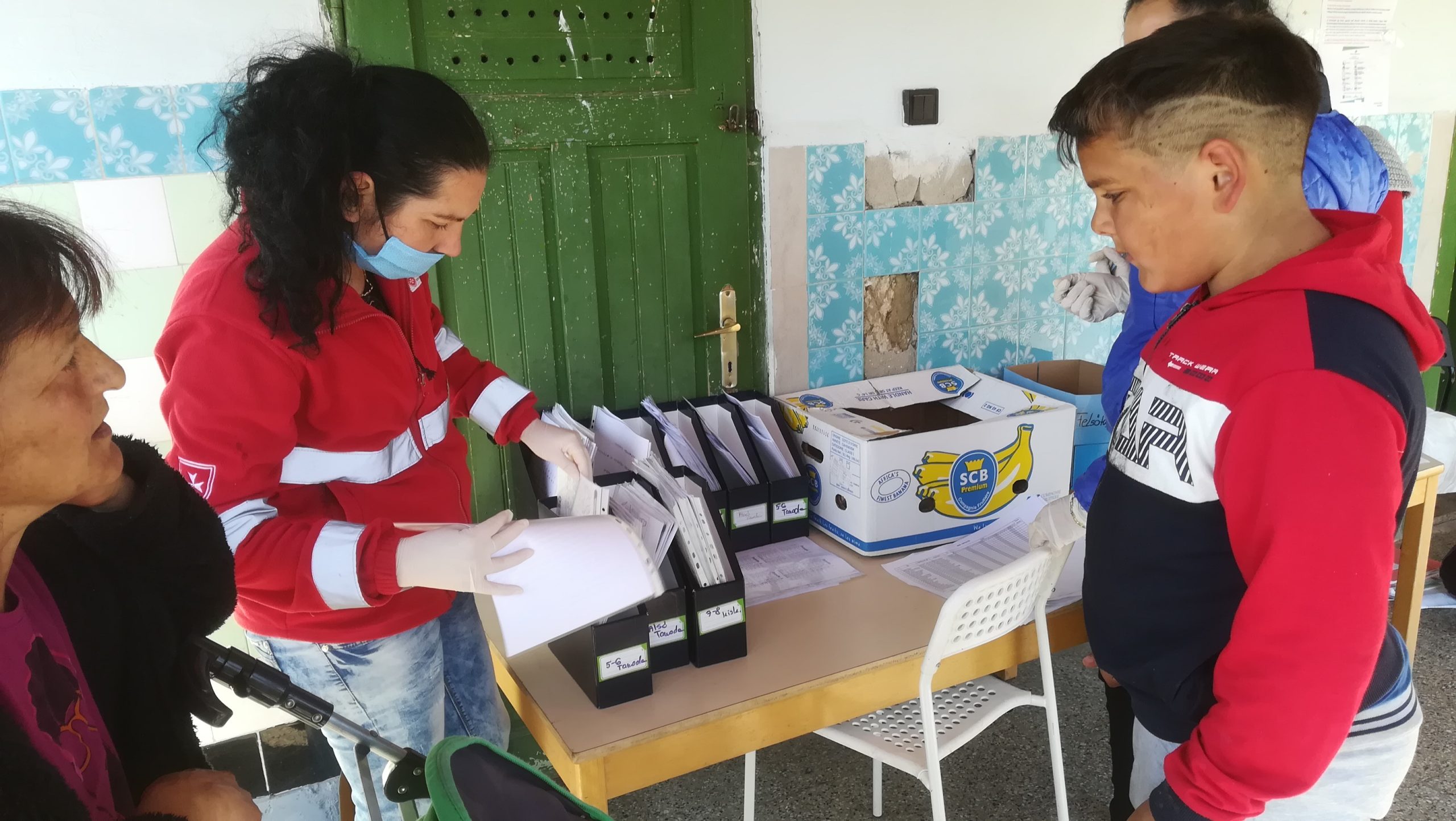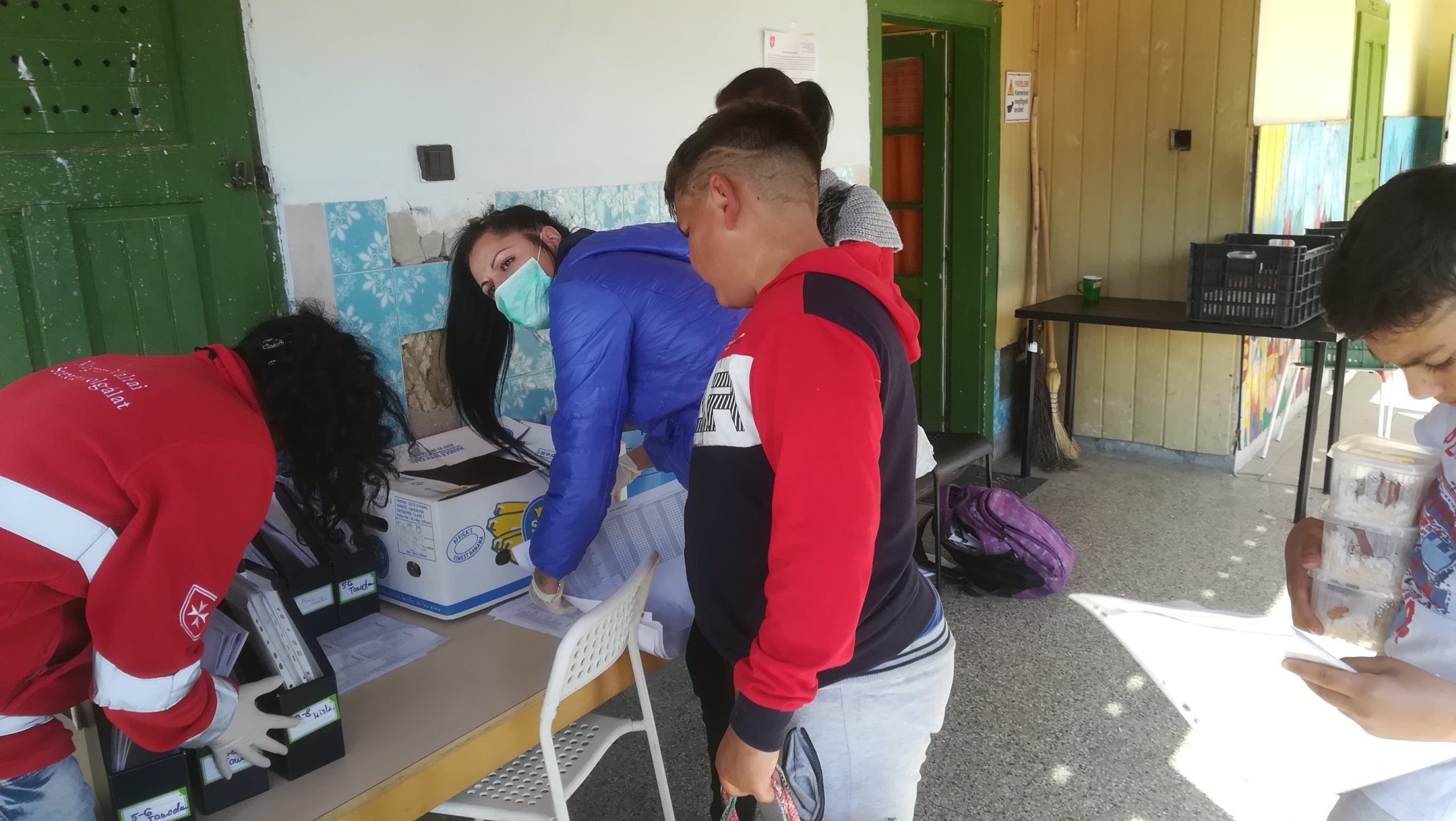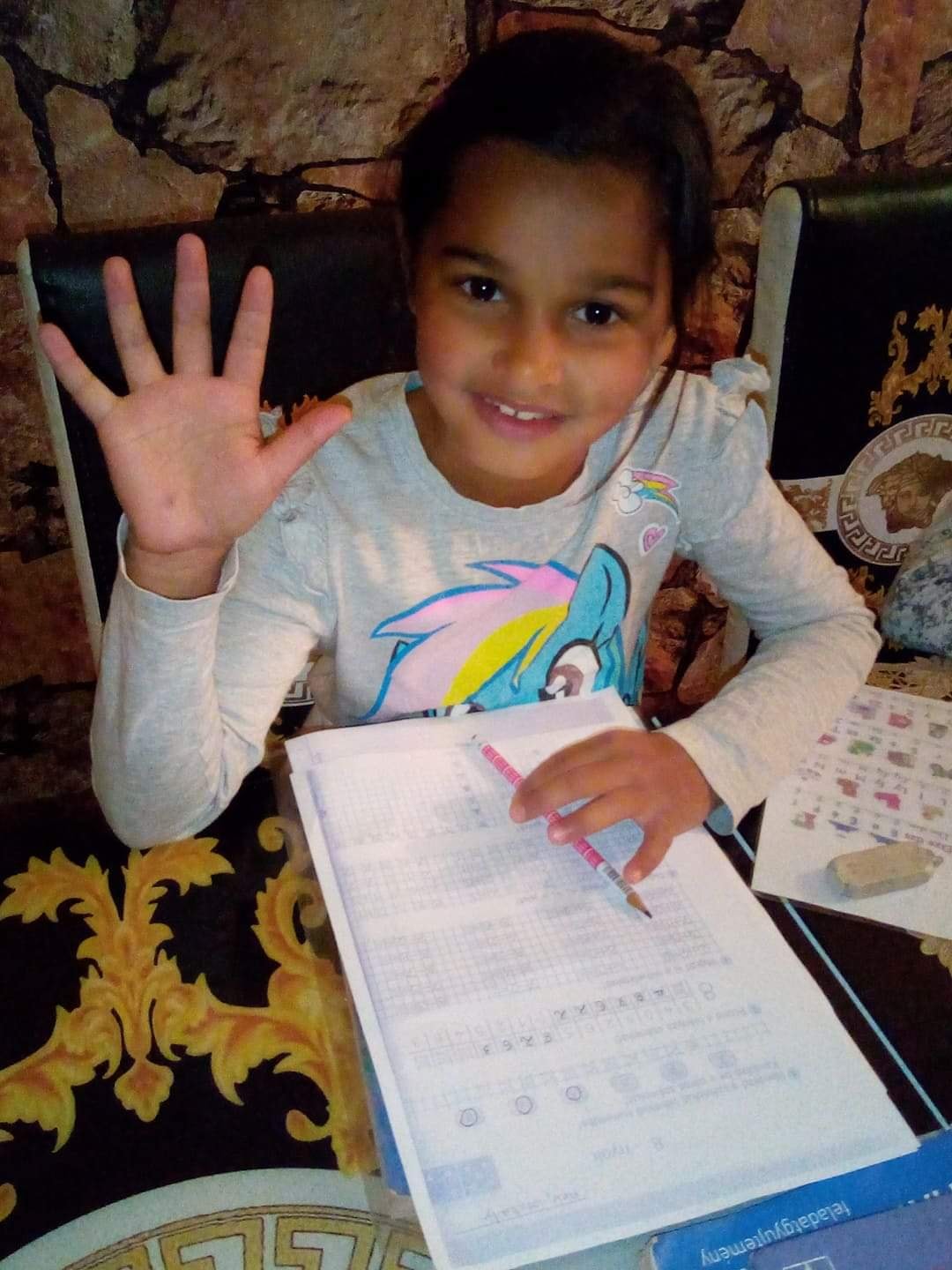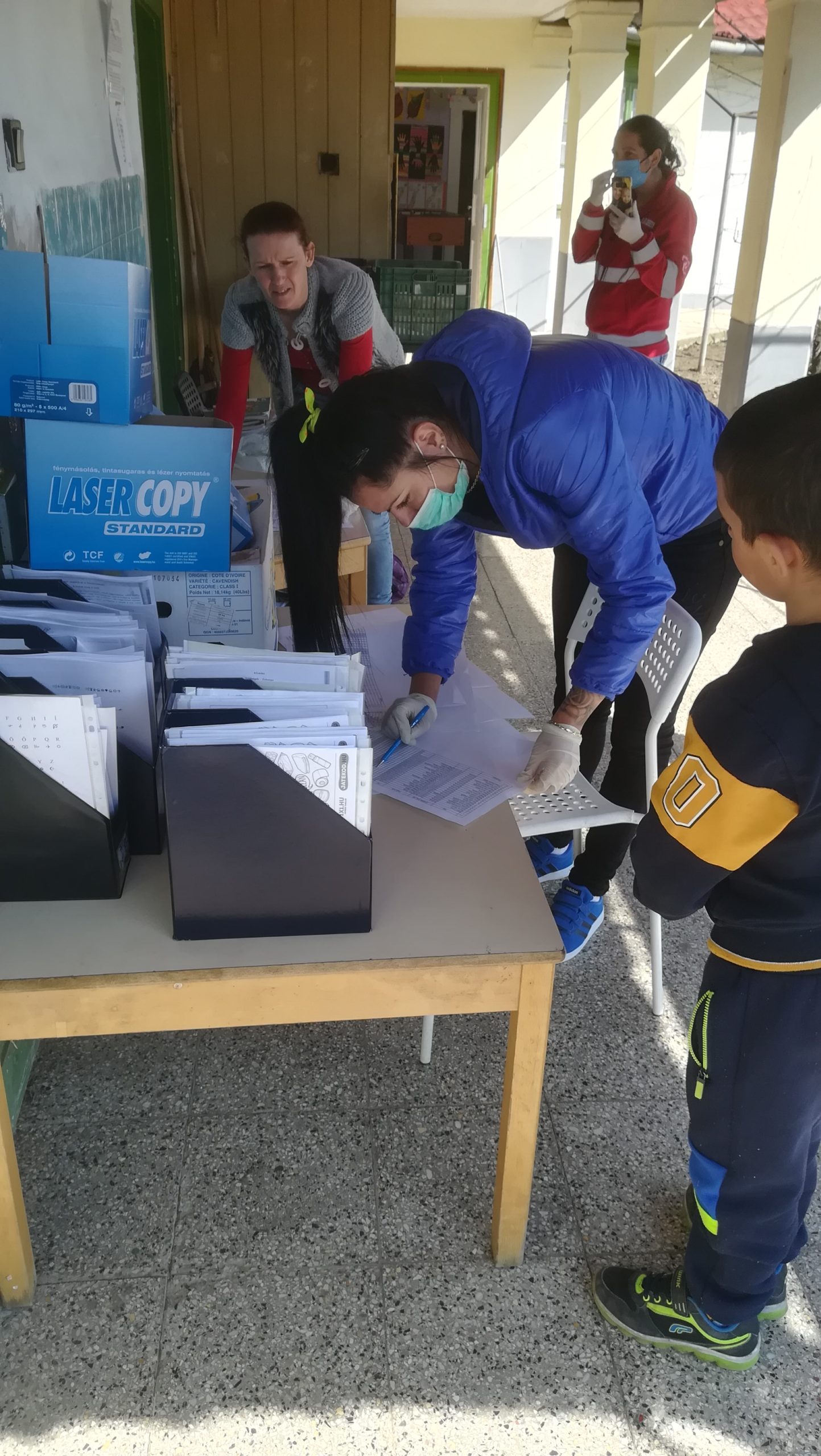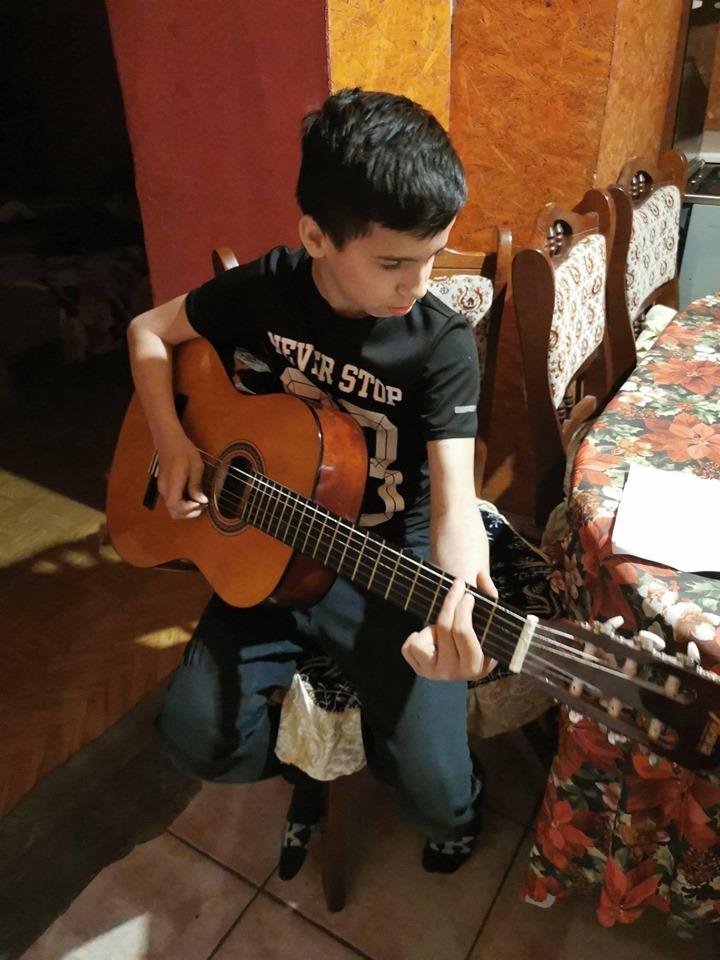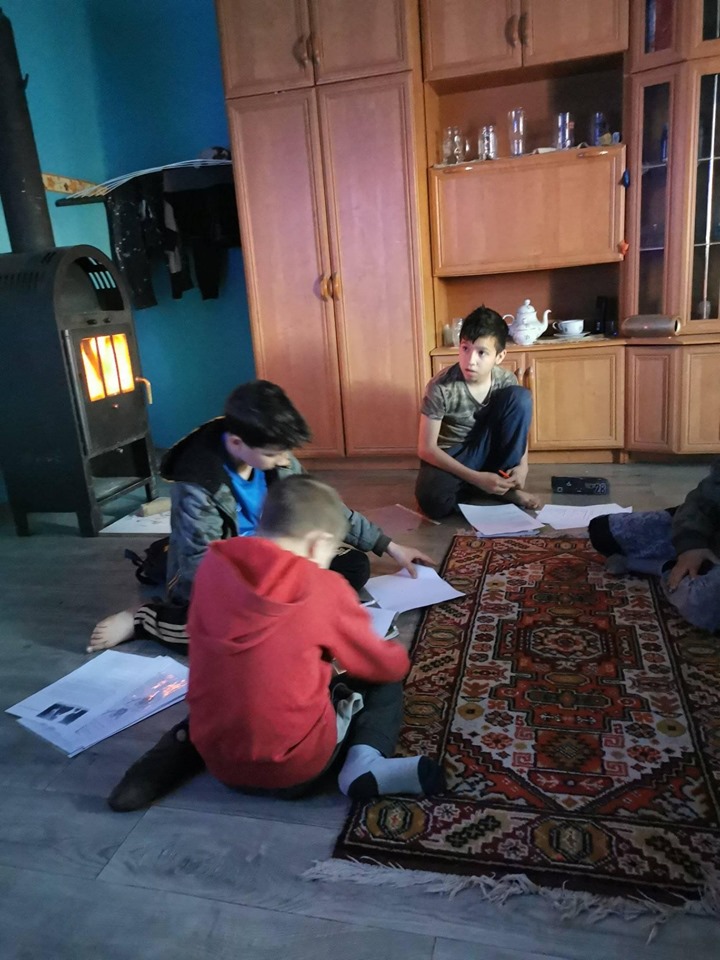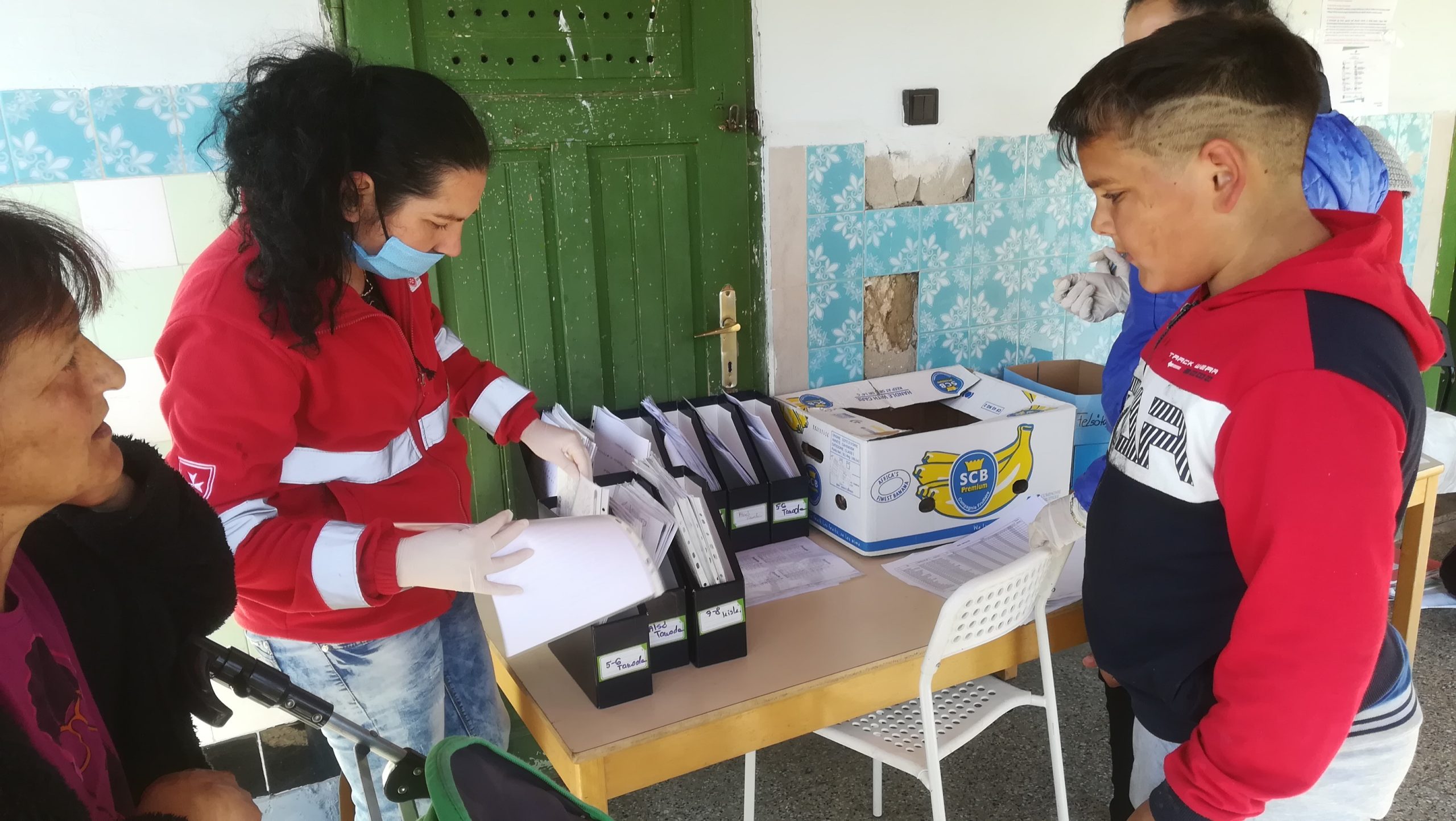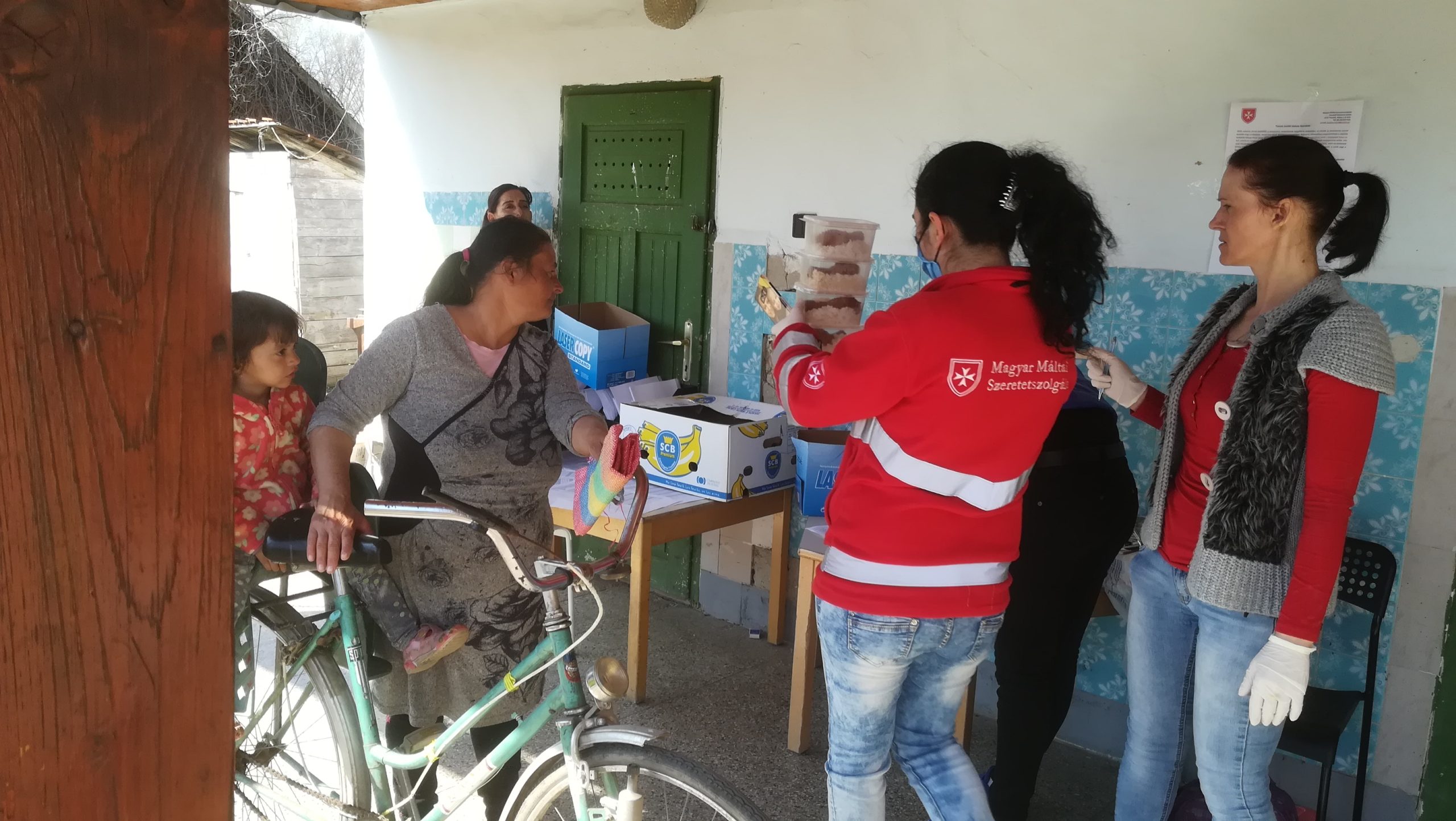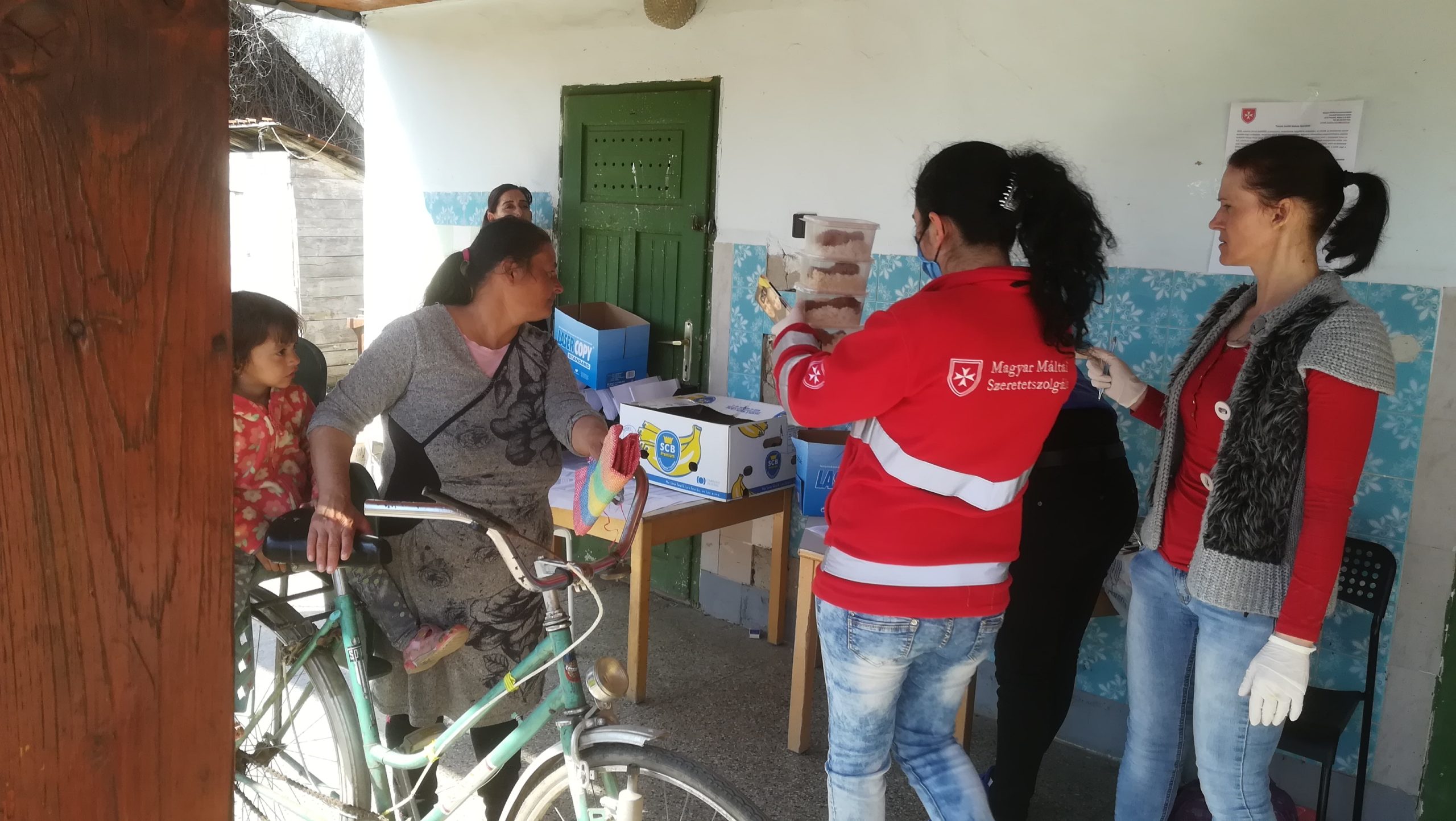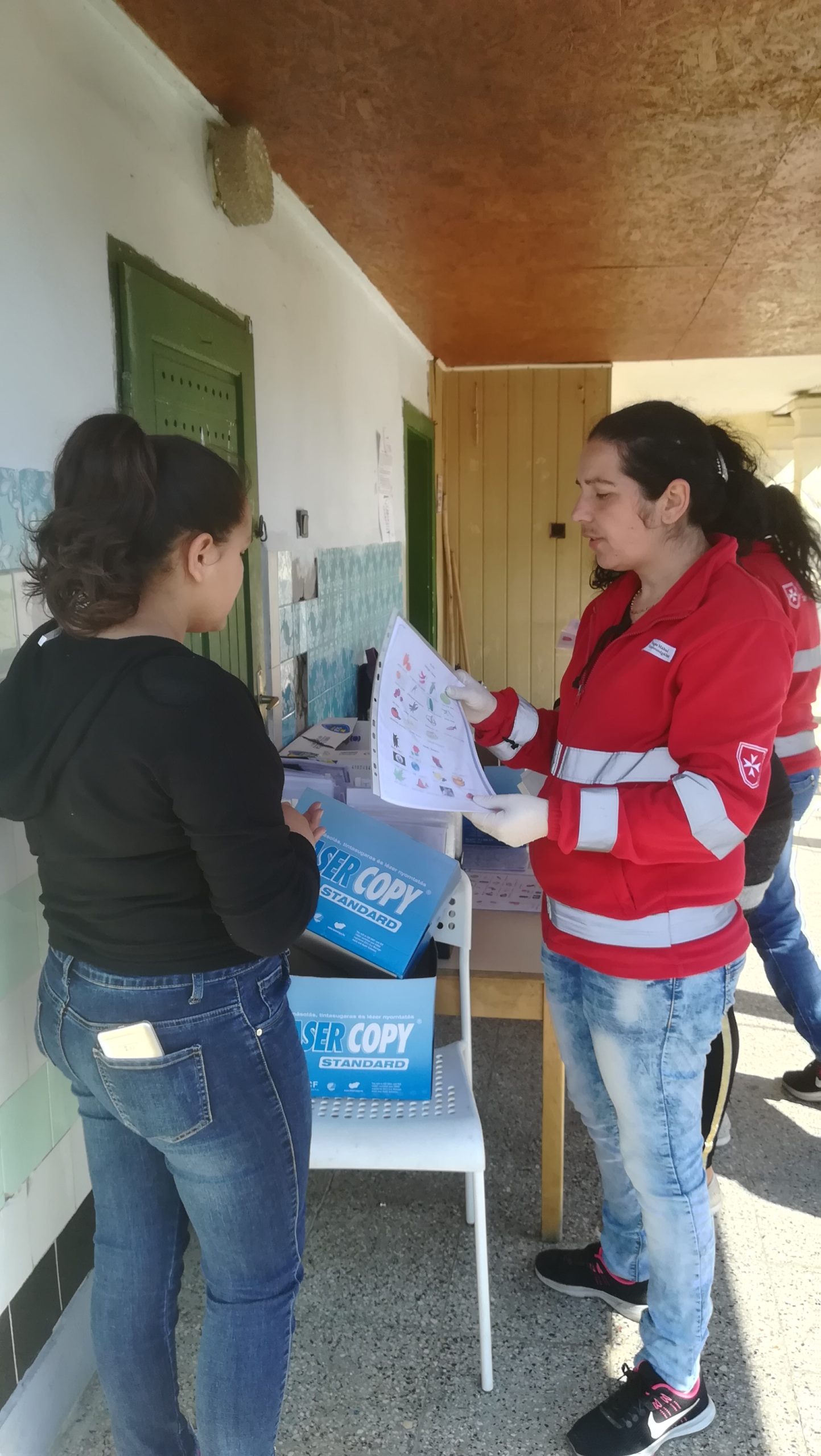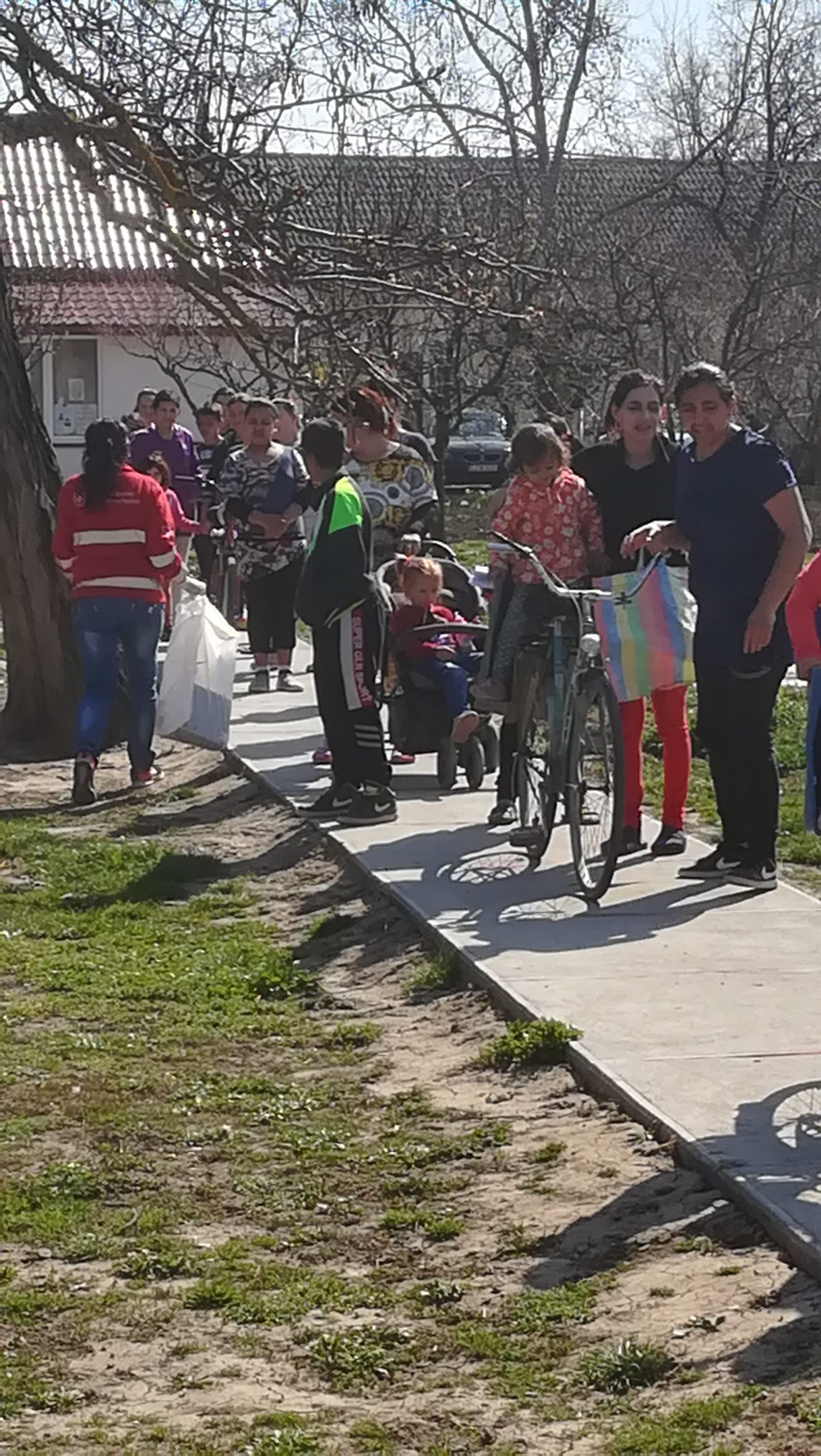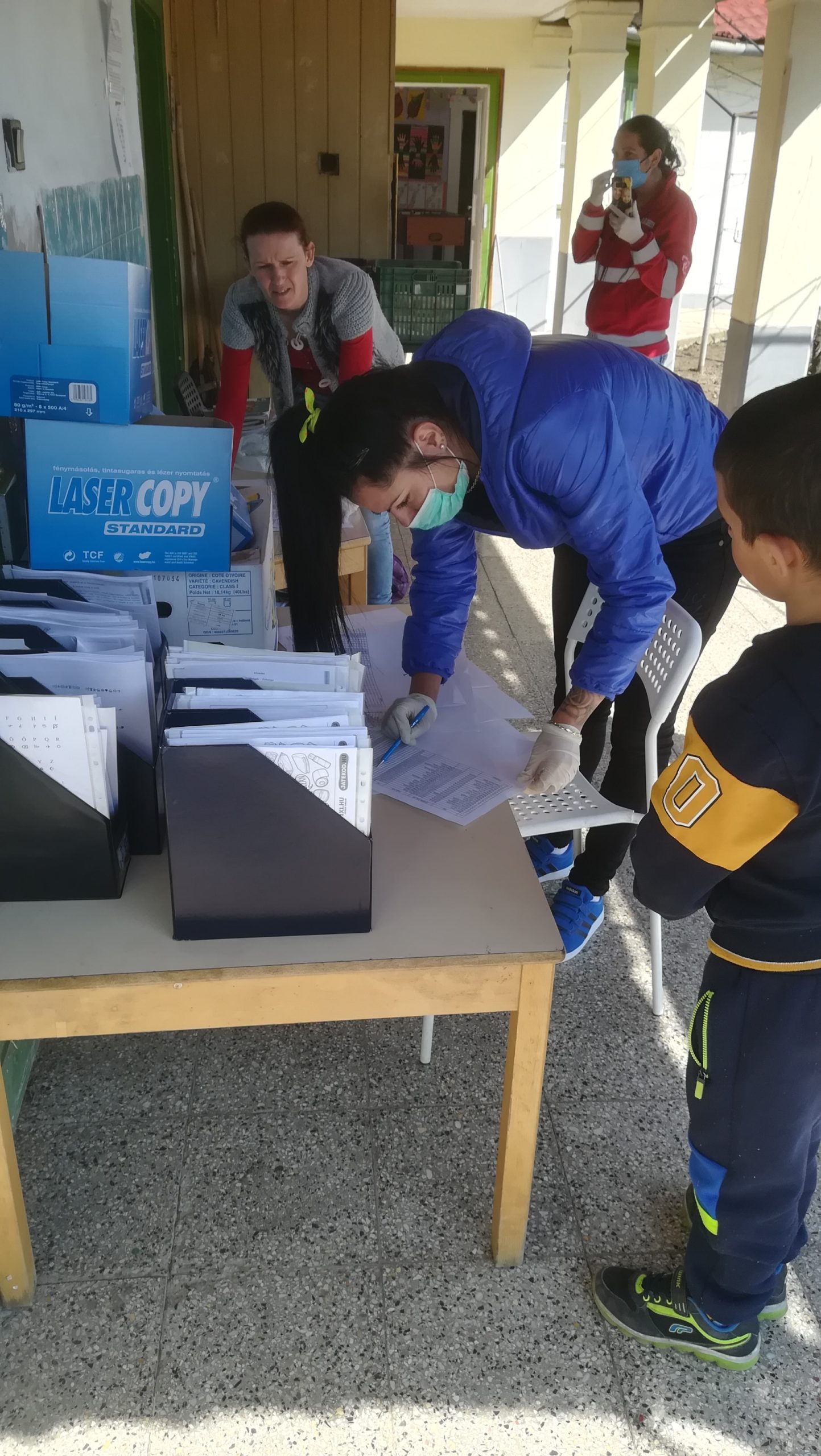The Budapest government asked the Order of Malta’s Hungarian charity service (Magyar Máltai Szeretetszolgálat) to coordinate an initiative – called Long-Term Development Programme for New Settlements – for the most disadvantaged areas in the country, where some 300,000 mostly Roma people live. These villages are in an extremely poor socio-economic situation with a very low educational level and high unemployment rate. The percentage of homes without basic services is much higher than the national average; they are overcrowded and almost two thirds are without electricity. The Order of Malta started working in 32 settlements in 2019.
Particular attention is paid to the educational aspect of this project. A “School Foundation” has been set up, headed by Miklòs Thaisz, expressly dedicated to schools: kindergartens, primary schools and vocational schools. “All the schools we manage are situated in very disadvantaged regions, attended mainly by Roma ethnic groups. Our goal is not to leave any child behind. Our schools do not only provide education in a strict sense, but also aim to develop the children’s social skills. It is important to compensate for their individual situation and teach self-assertion. To do this, we are using a great range of experimental teaching methods requiring a slower pace than curricular programmes.”
What are the main difficulties in a context complicated even more by the Covid-19 pandemic?
“We’ve provided digital devices to the schools and we’ve developed special websites for distance learning, but unfortunately there are many families in these areas who are unable to communicate via the Internet. They have no digital devices, no safe Internet access and not even an appropriate space. So our schools print texts, worksheets and exercises for the children. Sometimes our colleagues collect educational material and distribute it daily together with food packages. We have carried out a survey in all our schools, so we know exactly what families have problems with Internet communication; in these cases our teachers and pedagogical assistants visit these families to help the children.
Have you experimented new strategies?
We’ve just started a pilot project in Tarnabod, in a small elementary school (110 pupils in 8 classes). We’ve provided tablets and Internet access to all the pupils in three classes and the teachers communicate with the children online. We’re curious to understand how teachers and pupils exploit this opportunity, to see how families treat the digital devices and if the children learn more or less with these methods.
Has the pandemic increased the isolation of these minorities?
As always, emergencies have serious repercussions on already vulnerable people and this is why our social assistants and teachers follow families and children very closely. In general, our pupils are less frightened by the epidemic than by lack of family support. Our colleagues are asked: “and if we don’t have money for food?”. In this situation, we are more than ever aware of how important is the link between our pupils and the school, teachers and friends, and we try to keep connected by all possible means. Naturally we try to provide not only educational support but also useful information. Every week we distribute detergents and soap to all the families in need, and our social assistants stress the importance of hygiene, and especially hand washing. Our volunteers have made masks that they distribute. In the event of suspected disease, the social assistants visit the family to inform them about isolation and quarantine regulations. Fortunately, the weather is quite mild and people are able to get out more. Seasonal agricultural work continues, keeping down the unemployment rate.
Magyar Máltai Szeretetszolgálat
Founded in 1989, the Order of Malta’s Hungarian charity service has 3000 regular and 1000 occasional volunteers. Today it is the major charitable organization in the country and a partner of Hungarian institutions. With 350 offices nationwide and 130 local volunteer groups, it manages 220 facilities with 2200 employees. It also operates in the civil defence sector, aiding victims of natural disasters both in Hungary and elsewhere.








